Sepp Blatter announces his resignation amid corruption scandal
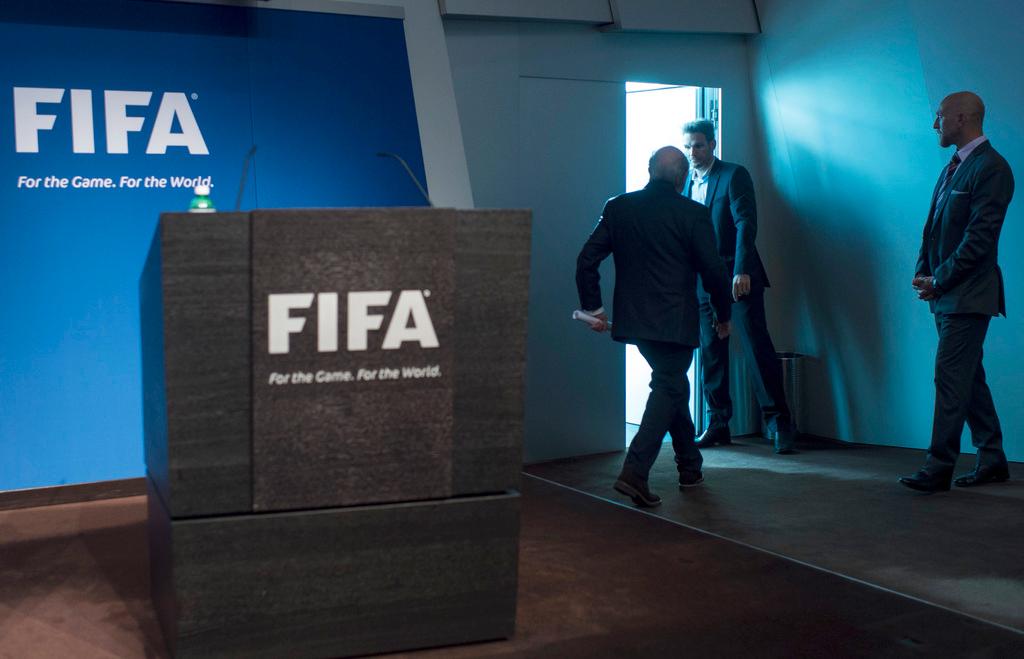
In a hastily called press conference on Tuesday night in Zurich, FIFA president Sepp Blatter announced plans to step down once a successor is found.
The decision was taken in the face of the past week’s investigations by US and Swiss authorities into corruption in connection with the international organisation. As recently as Tuesday morning, FIFA had issued a statement denying the involvement of its secretary general, Jérôme Valcke, in a $10 million (CHF9.4 million) bank transaction under investigation by US authorities.
Blatter, president of world football’s governing body for the past 17 years, had at first made light of the numerous calls for his resignation in newspaper editorials and by influential members such as Michel Platini, head of European football’s governing body, UEFA.
Following Blatter’s re-election to the post of FIFA president on Friday, Platini said: “Change in my opinion is crucial if this organisation is to regain its credibility.”
Blatter finally conceded on Tuesday, saying it had become obvious that “we need a structural change of a profound nature”.
Next moves
Domenico Scala, chairman of FIFA’s audit and compliance committee, will head the search for Blatter’s successor.
Speaking at the press conference, Scala called Blatter’s decision “difficult and courageous”, saying that “in the current circumstances, this is the most responsible way to ensure a smooth transition”.
“I have a great amount of respect for the president and the role he has played in championing reform in FIFA,” said Scala. “We have worked hard, but this is not enough.”
According to Scala, under the rules governing FIFA the election of the president and reforms to the statutes must be voted on by the members at the FIFA congress. Waiting until the next congress, to be held in May 2016 in Mexico city, “would be an unnecessary delay”, said Scala. Thus the president will ask the executive committee to call an extraordinary congress.
Because four months’ notice is required for any presidential election to be held, and there must be enough time to vet candidates, elections could be held any time from December 2015 to March 2016, Scala said.
‘Deep-rooted structural changes’
In addition to electing a new president, the organisation plans to re-examine the way it is structured. “Nothing will be off the table,” said Scala, including the structure of the executive committee and the way members are elected.
One major change planned is the introduction of term limits for both the president and the members of the executive committee.
“Many have questioned the transparency by which FIFA operates,” said Scala. FIFA also plans to institute background checks of potential committee members, “in order to ensure that those who represent FIFA are of the highest integrity”.
Blatter communicated his decision to FIFA’s members on Tuesday, before making it public at the press conference in Zurich.
“The interests of FIFA are very dear to me,” said Blatter. “I repeat: what counts most to me is the institution FIFA and football around the world.”
Further investigation
In a statement on Tuesday evening, the Swiss Federal Prosecutor’s Office said it had duly noted the announcement of Blatter’s plans to step down as FIFA president. In its investigation into “persons unknown on suspicion of criminal mismanagement and of money laundering”, Blatter has not been accused, it said, and his decision has no bearing on the criminal case. The office had no further comment.
A closer look at corruption in sport was planned by some of the members of parliament, however. In an interview with Swiss public television, SRF, Hans-Peter Portmann of the centre-right Radical Party said all the accusations of corruption in connection with FIFA had damaged Switzerland’s image and it was time for a parliamentary committee to ask some questions.
A paper written by Portmann titled ‘Corruption in Connection with Major Events and Sport’ will be discussed on June 29 in the Committee for Science, Education and Culture. The president of the committee, Matthias Aebeischer of the leftwing Social Democratic Party, told SRF that “the time is ripe for major organisations to question their activities, and for sponsors and politicians to apply some pressure”.

In compliance with the JTI standards
More: SWI swissinfo.ch certified by the Journalism Trust Initiative

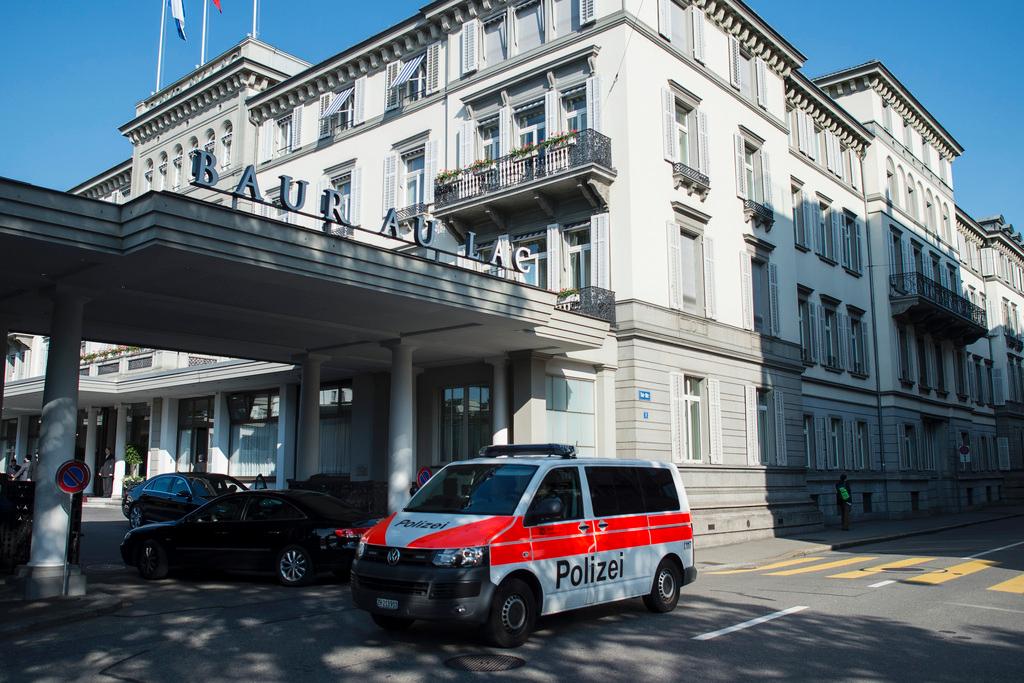
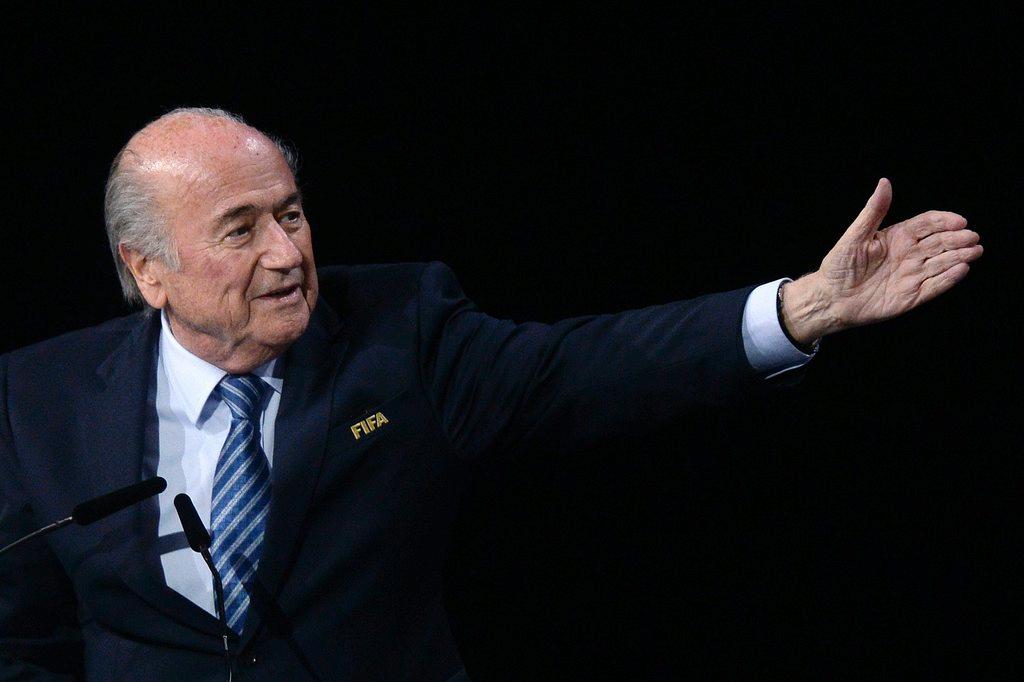
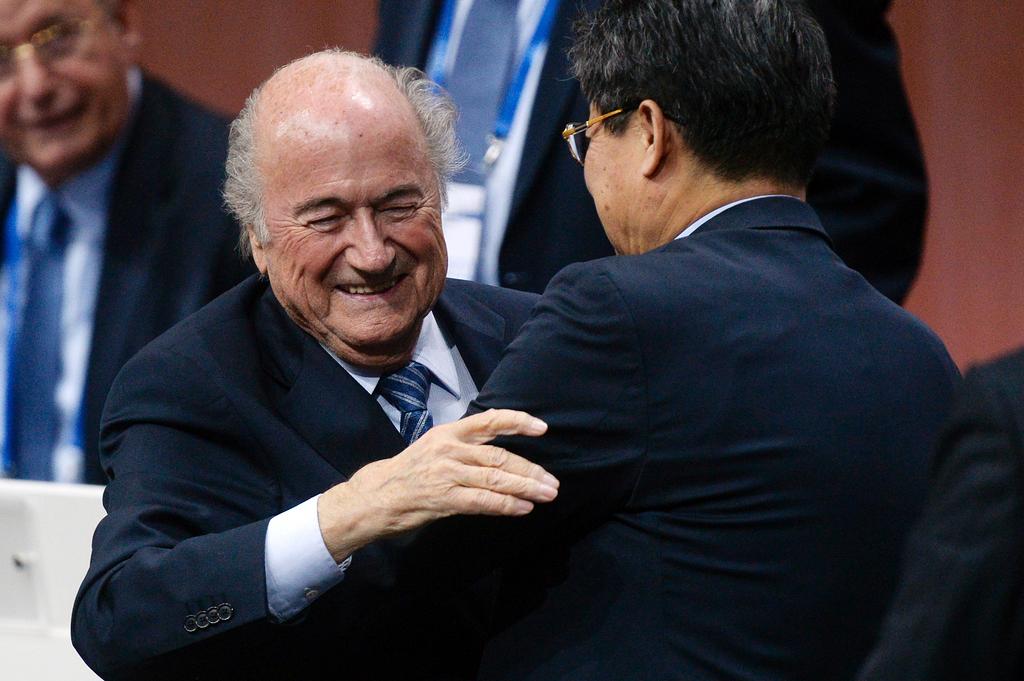
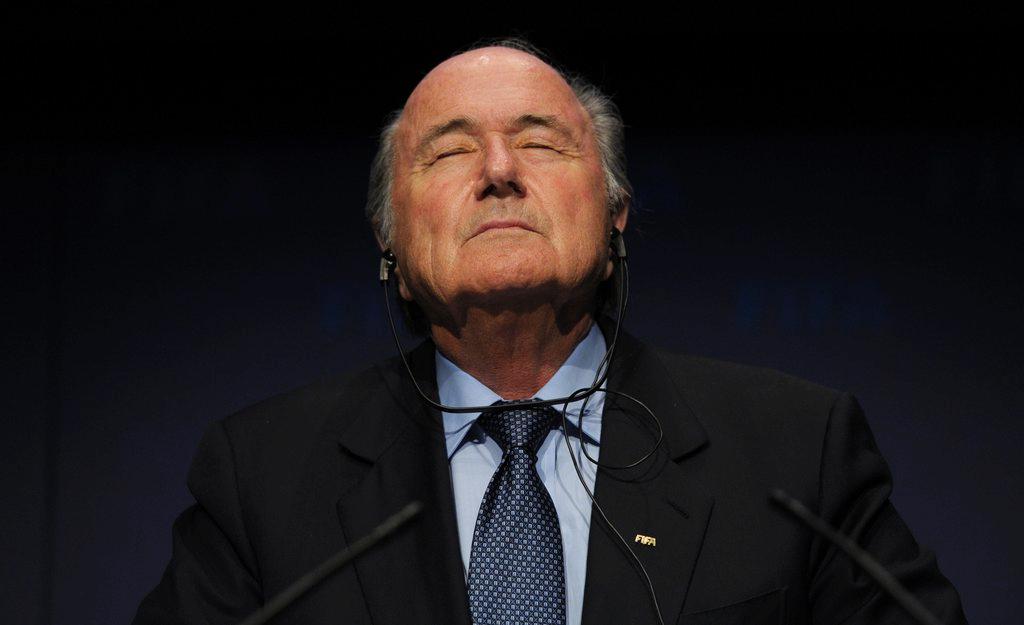
You can find an overview of ongoing debates with our journalists here. Please join us!
If you want to start a conversation about a topic raised in this article or want to report factual errors, email us at english@swissinfo.ch.